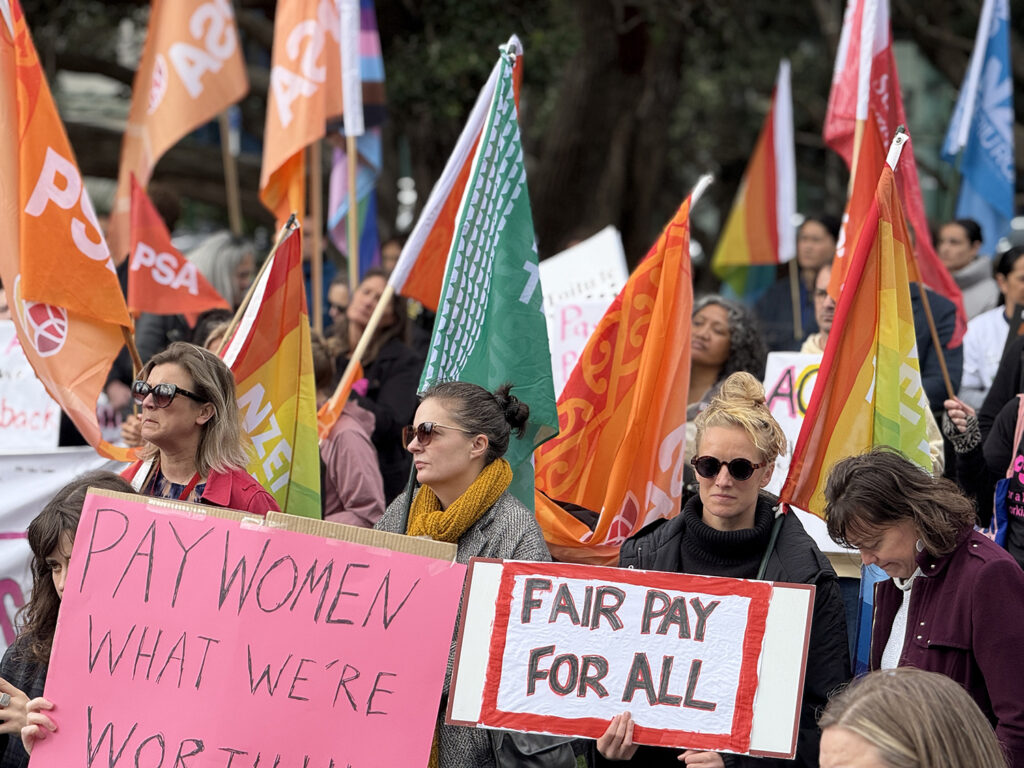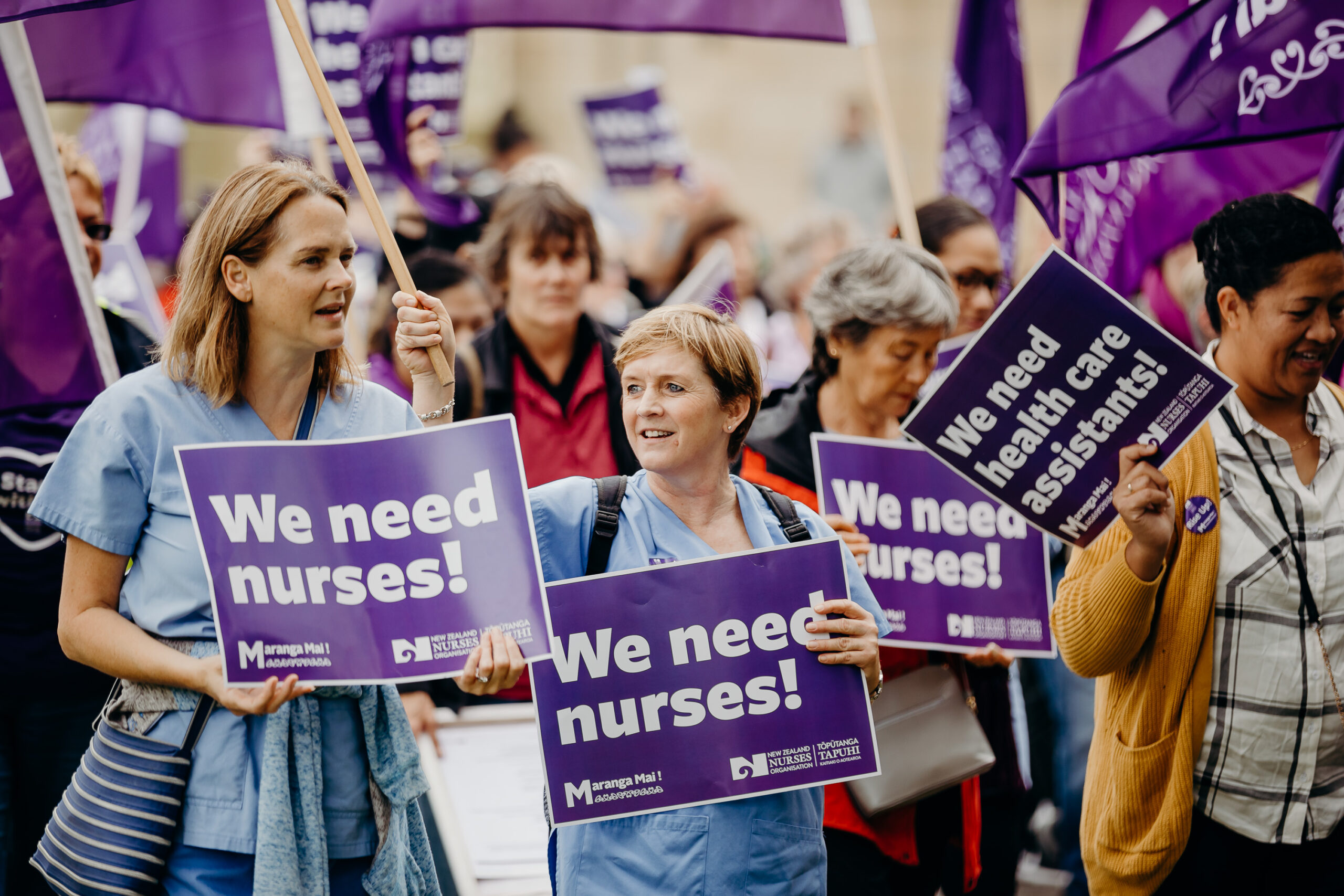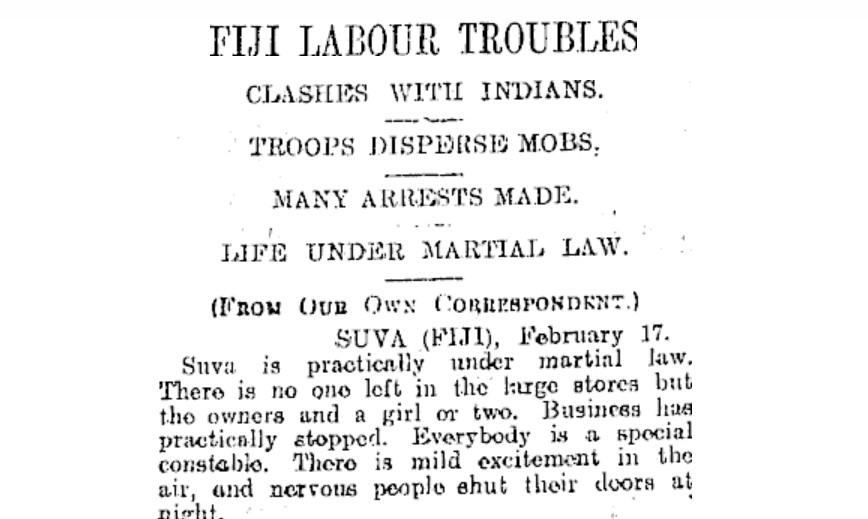Two days ago, the ruling right-wing coalition government rammed through legislation under urgency to extinguish all ongoing claims for pay equity (the mechanism by which historically undervalued feminised work can be paid equivalent to historically masculine work), and made it more difficult for future claims to be successful. Presumably, the violently undemocratic urgency mechanism was used to avoid workers having any say over their claims being tossed out, and to avoid any claims crossing the finish line while these attacks were being finalised.
“The changes I am proposing will significantly reduce costs to the Crown,” van Velden says, regarding discontinuing pay equity claims.
Asked how she would ensure women were not hurt by this, the minister said “I’m a woman and I support women who work”.
Here we see bare-faced class war, wrapped in a bow of weaponised identity politics.
Even the most obviously justified reforms attempting to redress the historical economic oppression of women’s work are being rolled back, to pay for tax cuts and military expenses. We have no illusions here – pay equity is not revolutionary. But it improves the lives of the working class in a material way. It helps to heat homes and feed children. Attacks on pay equity are attacks on our side.
The attacks on our side need to be opposed – both for the sake of specific causes such as pay equity, but also to demonstrate that not fighting only leads to losses, while fighting back can make real, material gains. It’s encouraging to see that trade unions have already launched a snap protest, something we’re seeing more of in a re-orientation of working class organising towards street mobilisations. We need to engage in these actions, building working class confidence and consciousness wherever possible. Workers being furious at this government will not cause a spillover into socialist organising (or even a real shift in class power) spontaneously – we must provide guidance to channel anger into collective power.
The unique power of the working class on these islands and beyond, is not our ability to mobilise people (though of course, this is extremely important). Our real power is that we drive production. Our care workers support the infirm, the elderly, the disabled, our teachers and librarians educate and assist tomorrow’s workforce and thinkers, our administrators ensure that our institutions function. If we make these things happen – then we can also stop them, if we put down our tools, our books, walk out of the office, and into the streets.
Only with confidence, consciousness, and numbers, will our side be able to fully realise its power in this active class war. That power is not the call to ‘get out in vote in 2026!’ as we’ll surely be hearing from Labour over the next few weeks. That power is the strike. And if we want to fight back, the rank-and-file workers are going to need to re-learn how to strike – outside the bounds of the straightjacket of repressive employment legislation, which only attacks us on behalf of profit-driven private interests. The only illegal strike is a failed strike.
Our work makes the wheels of society turn: the international working class drives production. If we stop, it all stops. The only thing between today, and the day we shut it all down, is our level of organisation.
Image credit: Public Service Association









